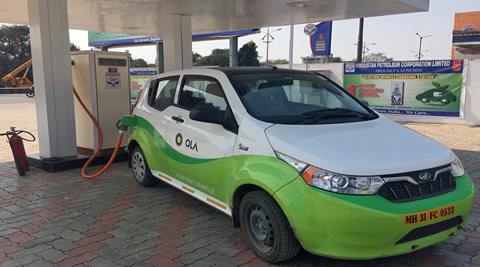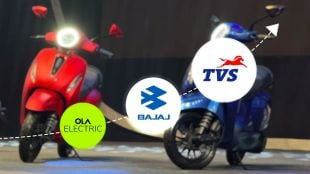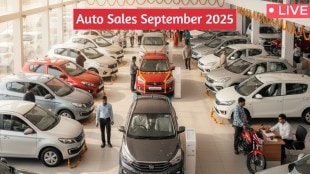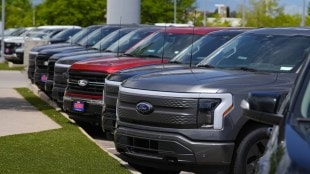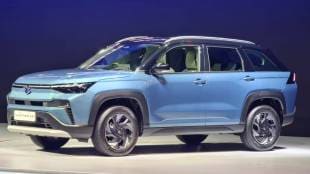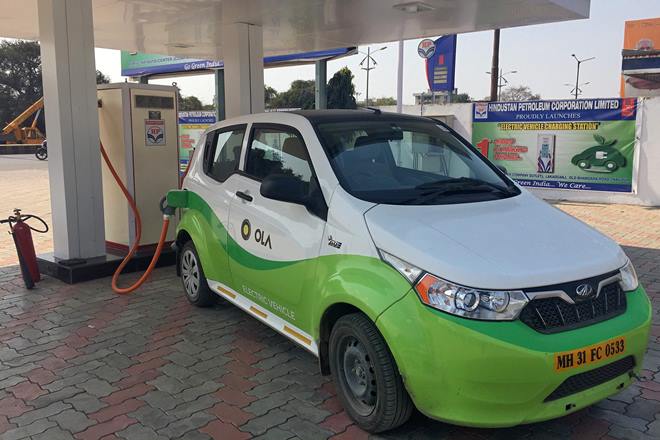
Ola’s have slammed the brakes on a project that was deemed to be the stepping stones to electrification of their entire fleet. Early last year, Ola had launched a trial project in the city of Nagpur. The idea behind the conception was to see whether it might be feasible to apply the same electrification model to other cities. However, thus far, the project has been relevant only in exposing the fracture in the government’s ambitious (read: over) plans for all new vehicles electrified by 2030. The project which set back Softbank backed Ola by a substantial 8 million USD, had been flagged off by Nitin Gadkari.
Thus far, the project has been afloat for almost 9 months, and already terminal deficiency have surfaced. Starting with the force of Ola drivers involved with the project, who are now frustrated with the unrealistic wait time at charging stations now want to return their cars and go back to the safety of fossil powered vehicles with traditions ICEs. Interestingly out of 20 Ola electric car drivers interviewed by Reuters in Nagpur, more than 12 have said that they are looking to return the car or have already made the switch back to conventional combustion. Now one of the prime causes for this inavailability stems from the fact that while Ola had earlier promised to install 50 charging stations across the city. Although keen investigators at Rueters only found a dozen charging points throughout cities. Since then Ola have added another 10 point but are still thoroughly deficient.
Hyundai Kona electric SUV India launch timeline revealed: Will be priced close to Toyota Fortuner
As Reuters, put it, the biggest impediment in installing the infrastructure is the fact that Indian’s want development but continue to have a not in my backyard culture. To give an example of this; Ola was forced to close one in Nagpur last year after protests by residents angered by traffic jams caused by drivers. It took more than five months to get government clearances to begin operating another station.
“The project’s not flying as of now and the economics is not working out,” the source said speaking to Reuters. And this should come as no surprise considering that most global automakers have openly expressed doubts over India’s infrastructure readiness. Another issue is lack of a long-term policy, outlining incentives, which has helped countries like China push electric vehicle sales. Government wrangling over policy formulation in India is making it difficult for carmakers to plan investments. “Any distraction from the single-minded focus to draw a plan for introducing electric vehicles is going to make this a long-lasting exercise that might not attract the attention of the right kind of investors,” cautions Guenter Butschek, managing director at Tata Motors.
